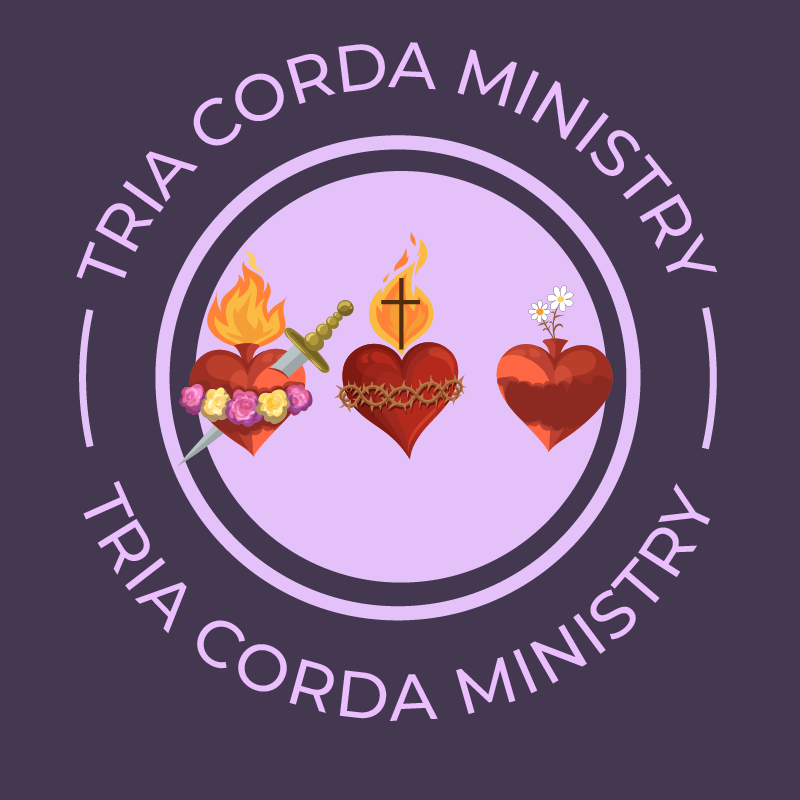Trauma and Actions
This page may contain affiliate links. As an Amazon Associate I earn from qualifying purchases, at no extra cost to you. Thank you for your support of Tria Corda Ministry!
Researchers have found overall that trauma can lead to some unhealthy and harmful behaviors, and they have found that often, these behaviors are ways a person attempts to cope with their experiences. Additionally, there is some research that suggests that trauma can lead to more kind behaviors. We’ll dive into all of that below.
Before we begin, it is essential to remember that just because someone has experienced trauma does not mean they are doomed to develop these outcomes. And if a person has developed a particular negative outcome due to trauma exposure, they are not necessarily doomed to have it forever. Healing and resilience are possible, and many factors can prevent these outcomes from happening in the first place, and many factors can lead to their healing if they have occurred.
Trauma and Violence
Overall, trauma can lead to more aggression (1). For example, in a study conducted with male prisoners, more exposure to trauma was associated with more aggressive behavior and trouble with regulating one’s actions (2). Additionally, exposure to trauma can lead to more legal problems (3) and a higher likelihood of engaging in relationship violence (4).
Trauma and Substance Use
Overall, trauma can lead to a higher likelihood of substance abuse (1). One theory as to why this can occur is that a person may be using these substances to cope with the effects of trauma, including the effects of PTSD (5). However, the problem is when a person uses substances to cope with the effects of trauma, they tend to struggle more with the negative consequences of substance use (6). You can learn more about these links here.
Trauma and Suicidal Behavior
Overall, trauma is associated with a higher likelihood of suicidal behavior and thoughts (3). Childhood sexual abuse and other sexual trauma are especially associated with this (7 and 8). Researchers theorize that this behavior may be a way to try to communicate the distress caused by the trauma and to try to cope with the intense emotions of the trauma (8). PTSD and depression caused by the trauma tend to best explain these links (9).
Why These Links?
Overall, trauma is associated with a higher likelihood of risky and unhealthy behaviors. There are many theories for these links, including:
- The behaviors are a way to try to relieve anxiety (Source: The Body Keeps the Score)
- Trauma can deactivate the left side of the brain, which is in charge of making long-term plans and thinking through the consequences of actions (Source: The Body Keeps the Score)
The behaviors are a way to try to regulate emotions, especially to decrease the negative emotions that trauma can cause and increase positive emotions, which trauma may have lessened (3)
Trauma and Prosocial Behavior
Prosocial behavior includes things like acts of kindness and volunteering. There is some evidence that trauma can lead to an increase in these types of actions. For example, in a study of college students, those who experienced more trauma engaged in more prosocial behavior. The authors also conducted this study over one year. If a student experienced trauma between the two time points, they tended to increase their prosocial behavior between those two time points. Engaging in more prosocial behavior after trauma was associated with better well-being (10).
Conclusion
Overall, trauma can lead to changes in behavior, both to unhealthy and risky behaviors and to more positive behaviors. These changes in behavior may be attempts to cope with some of the negative consequences of trauma.
There is hope for healing and resilience following exposure to trauma. If you or someone you know may be suffering from these negative effects of trauma, please visit the healing resources page to begin your healing journey.
To learn more about the effects of trauma, please visit the following pages:
- Trauma Statistics
- Trauma and Emotions
- Trauma and Friendships
- Trauma and the Mind
- Trauma and the Body
- Trauma and the Soul
- Trauma and Vocations
- Effects of Trauma by Gender
- Resources to Learn More About the Effects of Trauma
